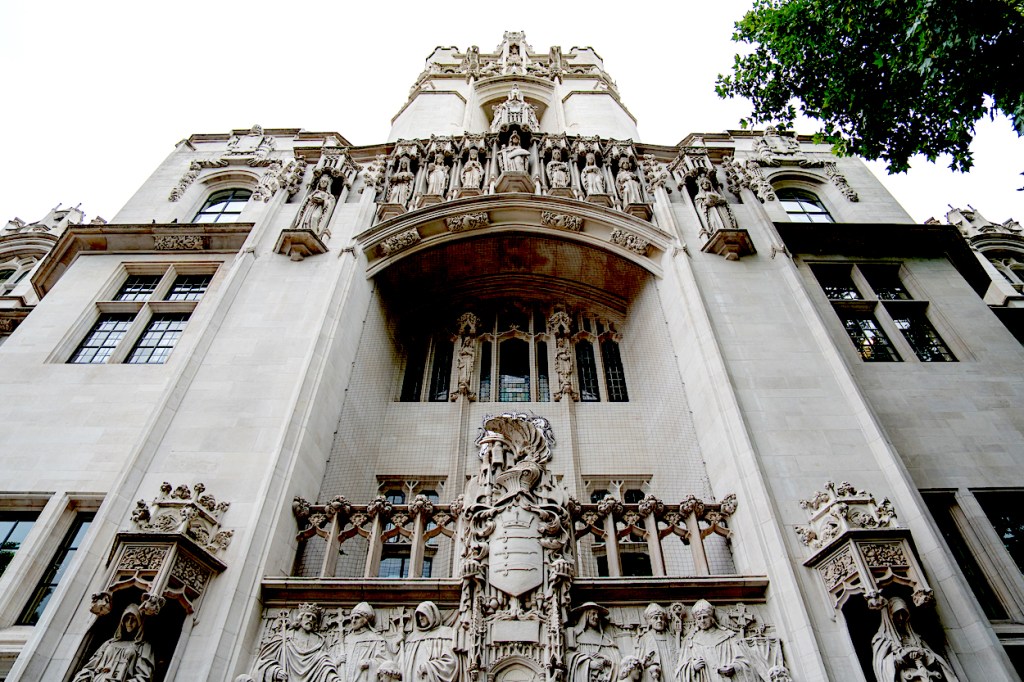If Keir Starmer does succeed in his aim of stimulating a house-building boom, it may be that landowners will have little to celebrate. The government has launched a consultation into proposals to extend the powers of compulsory purchase to help councils assemble land for new housing developments.
No public body can simply seize land; that would be in breach of the Human Rights Act. But the price that landowners should be paid when their land is required for public projects is a matter of much argument. Should councils or development commissions simply pay the current value – what the seller would achieve if he tried to sell it on the open market in its current condition, without any planning permission in place to develop it – or should they pay a higher sum that includes ‘hope value’ – i.e., what the land would be worth if it were already zoned for new homes?
The difference can be astronomical. The average value of an acre of agricultural land in England, according to the Knight Frank index, is currently around £9,000. Were that acre to be granted planning permission for a housing estate, on the other hand, its value would soar to well over £1 million.
When the Attlee government began to assemble land for its post-war new towns, it proposed that all landowners in Britain be compensated, once and for all, for the possibility that their land might in future be developed – allowing public authorities then to buy land at a price which reflected only its current use. When the Conservatives returned to government in 1951, however, they cancelled the compensation and ruled that landowners should receive full market value for their land when it was needed for public projects. The result was to make it far more expensive to assemble land for new towns. Indeed, the new towns programme fizzled out after Milton Keynes, and since then most housing developments have been private initiatives where landowners pocket a huge profit by selling to developers.
But is it really right that landowners should profit so bountifully from the decisions of planners? The planning system creates artificial shortages by limiting the amount of land available to be developed. But at the moment almost all the uplift in value when a piece of land is granted planning permission disappears into the pockets of landowners. You don’t have to be a socialist to wonder whether some of that value might be diverted instead into infrastructure to support new developments – or whether development corporations ought to be allowed to acquire land at lower values in order to bring down the cost of new housing. Indeed, that is why the Conservatives’ Levelling Up and Regeneration Act has already allowed public bodies to exclude ‘hope value’ when acquiring land for some housing projects in certain circumstances. What the government is proposing is to take that further, to encourage the use of compulsory-purchase orders on undeveloped brownfield land and on land which has already been allocated for housing but for which no planning permission has yet been sought. In each case, public authorities would be allowed to compulsory-purchase the land without paying hope value.
Landowners will not like it, but unless we are prepared to throw out the concept of a planning system altogether and allow a free-for-all – which is unlikely to be palatable to the public – we are not going to have a free market in land. It doesn’t seem unreasonable that the rules of our unfree land market are rewritten a little more in favour of the general public and a little less in favour of private landowners. Angry squires who think otherwise have until February to make their views known.








Comments